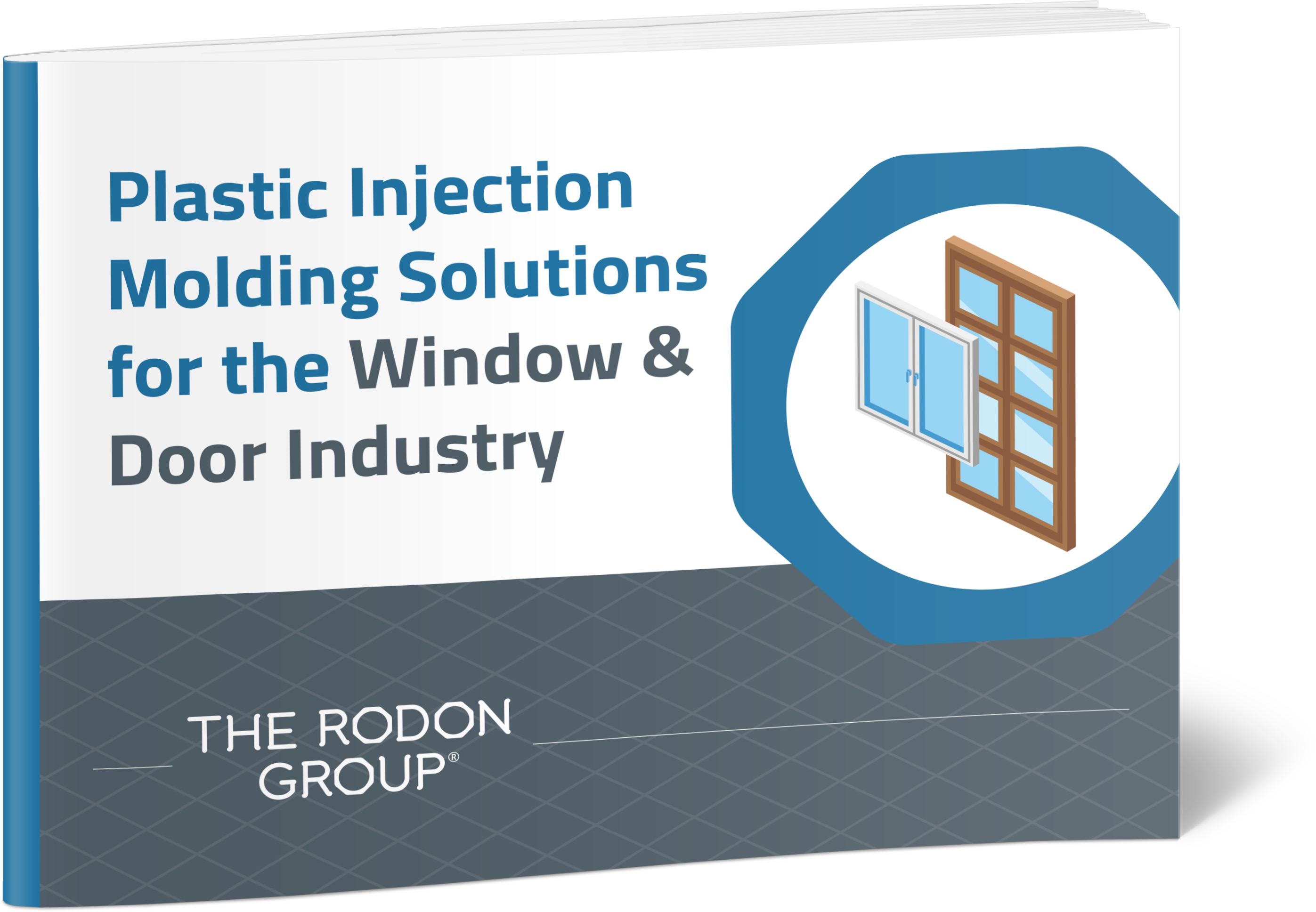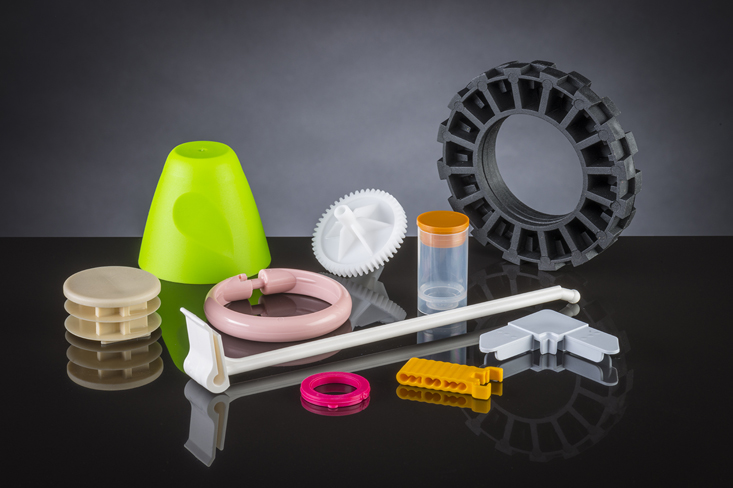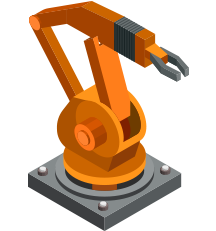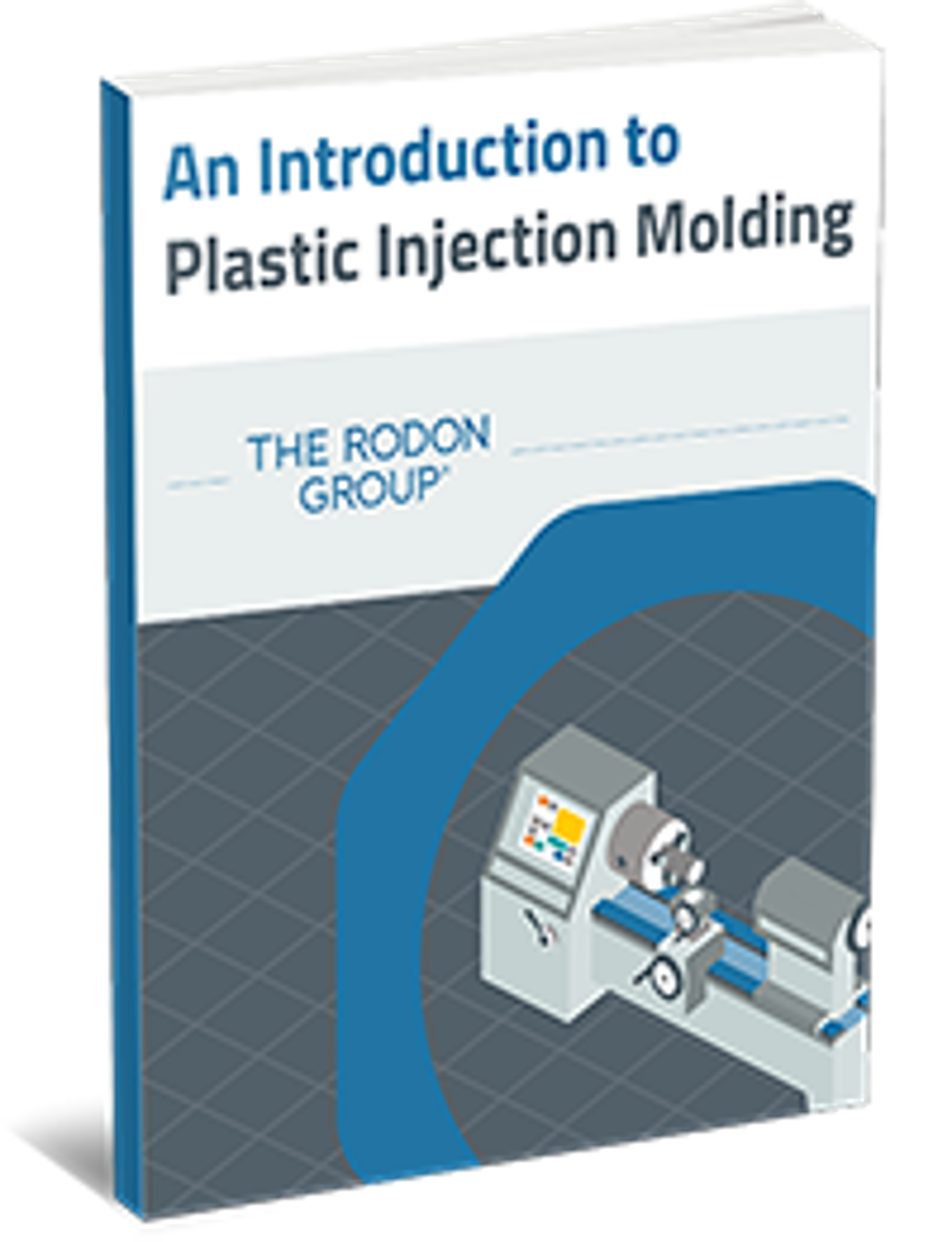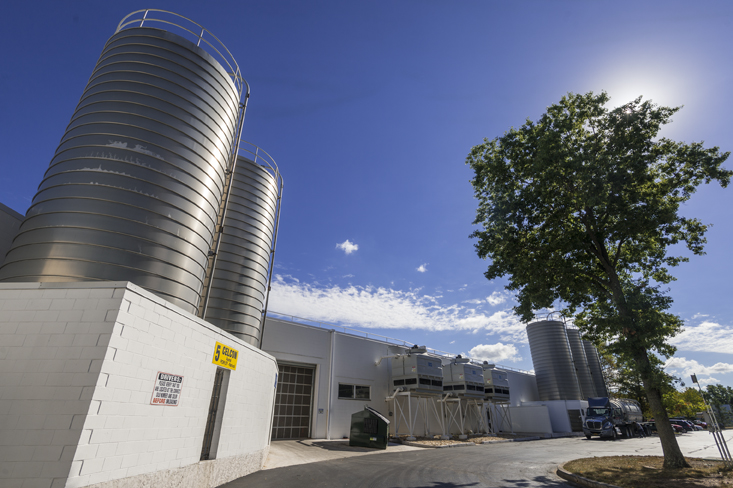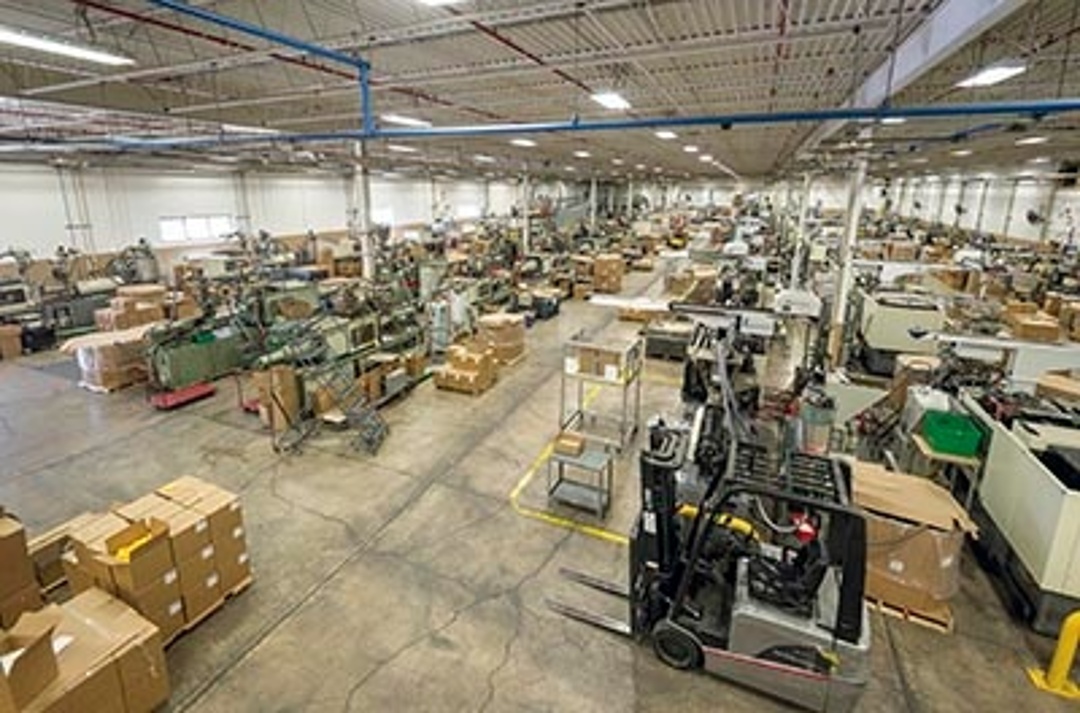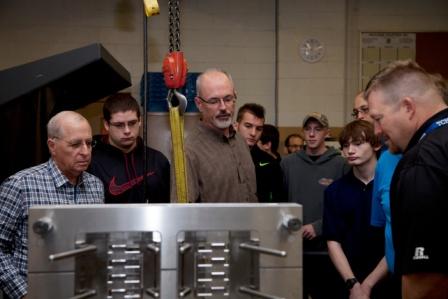The Rodon Group has been an industry leader in high-volume custom plastic injection molding solutions for over 65 years. We are proud to be known worldwide for producing the highest quality precision injection molded components. From concept to completion, we strive to support our customers with guidance and resources to make informed choices for their projects. One of our most requested resources is our new eBook “Plastic Injection Molding Solutions for the Window & Door Industry”.
Injection molding is a highly versatile manufacturing process. It is used to create components in a range of shapes and sizes for various industries and applications. A key element of the process is injection molds.
Since the onset of the COVID-19 pandemic, the supply chain has encountered productivity issues, labor shortages, raw material shortages, and timing delays that have impacted nearly every industry. In addition to restaurants, department stores, and other consumer-facing businesses, manufacturing companies have been hit especially hard.
The question remains of whether the international business community will be able to regain control of the supply chain and maximize productivity once again.
The field of robotics is an area that fascinates millions of people. Technological advances happen continuously in every field, but robotics, in particular, is closely monitored by many who are eager to discover what's next. As a company that prides itself on being at the cutting edge of technological innovation, The Rodon Group is always up to date on the latest robotics trends, especially concerning plastic injection molding.
Developed with designers, engineers, and purchasing specialists in mind, our completely revised and expanded eBook, An Introduction to Plastic Injection Molding provides a thorough understanding of plastic injection molding processes, presses, and costs. Our goal is to help our customers and followers become more knowledgeable about what goes into making a plastic part.
At The Rodon Group, we are dedicated to maintaining the health and vitality of the environment. We firmly believe that every business holds a societal obligation to implement green manufacturing initiatives aimed towards fostering sustainability and minimizing the impact on the local community and environment.
Turnkey manufacturing is a process where one company oversees all aspects of a project's production from beginning to end. They handle all project phases: starting with the initial design phase, and progressing to machining/tooling, then to quality assurance, and finally to the manufacturing, packing, and shipping stage of production.
Plastic injection molding is an extremely versatile method of producing plastic parts and has multiple advantages over other methods of plastic molding. Not only is the process simpler and more reliable than others methods, but it is also extremely efficient. Both of these are primary reasons why it has become a standard process in virtually every industry demanding high-volume components and parts.
After 62 plus years of experience in the industry, we have heard virtually every question a customer could ask. To help you make an informed decision on your plastic injection molding project, we’ve outlined some of the most common questions – and their answers from our previous blog articles– below.
Before you can manufacture a plastic part you need to have a solid design in place. Once done, you can build an injection mold to meet the product specifications.
The role of the Design Engineer is critical in this process. They assess the part design and make modifications and recommendations based on key product requirements including product usage and function. The engineer will need to know:
- How will the part be used? Is it a standalone product or a component of a larger assembly?
- What are the dimensional and tensile requirements?
- Does the part need to withstand elements, pressure, chemicals?
A plastic injection mold design is built with these criteria in mind. Mold cavities, vents and gate placement will vary based not only on the part design but the type of resin as well. Taking all of these manufacturing factors into account is a challenging task and one that requires a strong knowledge base, not only of mold design but the injection molding process as well.







